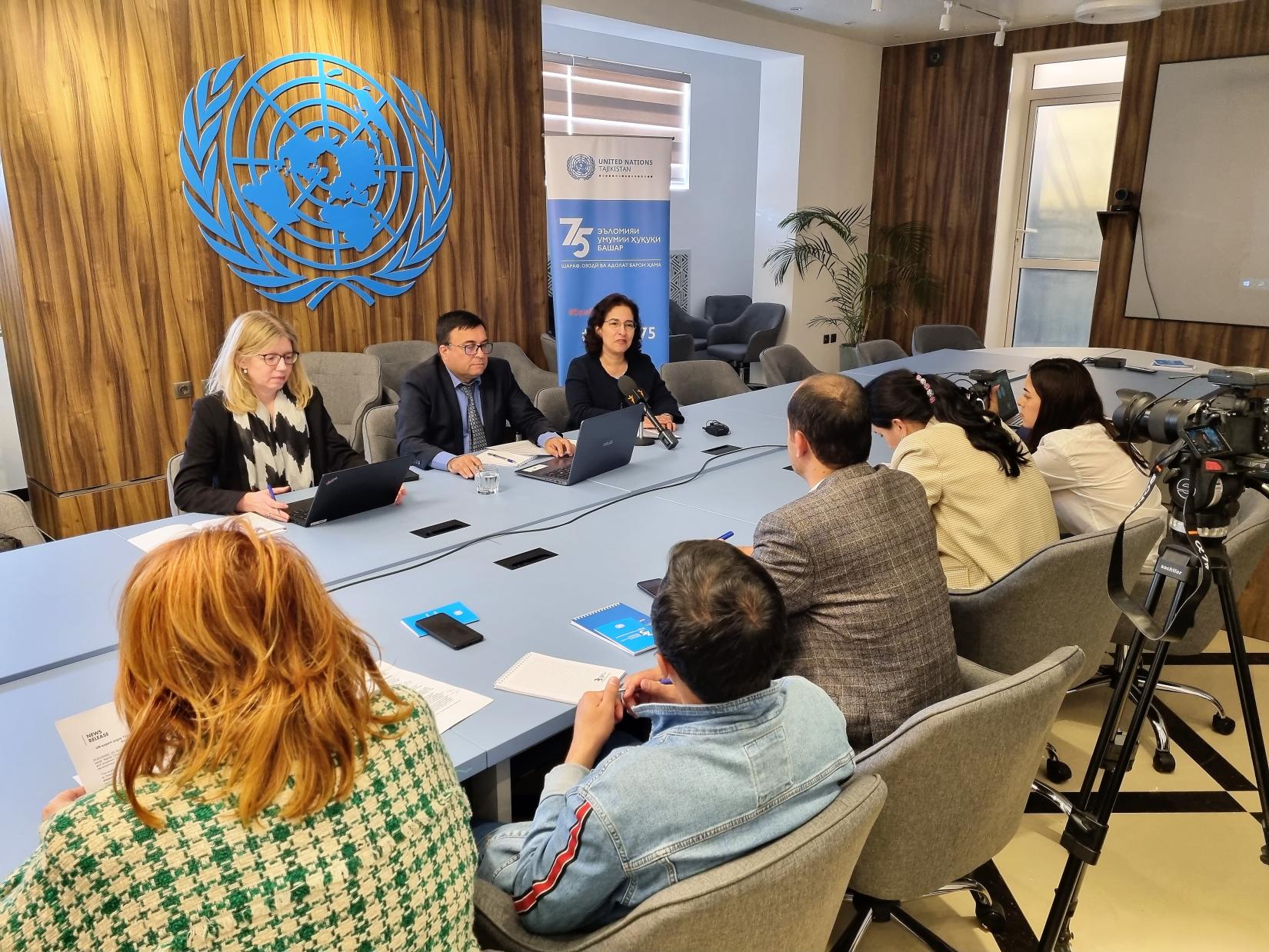UN expert urges Tajikistan to leave past behind and uphold freedom of religion and belief
20 April 2023
The UN Special Rapporteur on freedom of religion or belief, Nazila Ghanea, today urged Tajikistan to adapt and reshape its laws, policies and practices on freedom of religion or belief, saying this would help contribute to development, peace and understanding in the country.

“The shadow of the civil war looms very large over current laws and practices relating to freedom of religion or belief, and deals a heavy blow to it,” Ghanea said in a statement at the end of a 10-day visit to the country. She noted that the scope for the exercise of freedom of religion or belief falls alarmingly short of the guarantees of international human rights law to which Tajikistan is bound.
“Respect for freedom of religion or belief should be visible also in public manifestation and should apply to everyone, including women, religious and belief minorities, and children and young people. They should be allowed to enjoy this freedom together with others,” the UN expert said.
She recalled that freedom of religion or belief was linked to the need to allow for worship, observance, practice, and teaching, including in the public expression of traditions and culture. “It is inseparable from freedom of expression and association and allows independent associations and other civil society actors to contribute to an open civic space and the development of society,” she said.
During her visit, the Special Rapporteur held meetings with Government authorities in Dushanbe and travelled to Khorog in the Gorno-Badakhshan Autonomous Oblast (province). She met with the Ombudsman, members of Parliament, prosecutors, the Supreme Court, civil society organisations, representatives of religious or belief communities and representatives of the international community. She also visited a prison where political and religious prisoners were being held.
“I urge the authorities to look beyond their singular concern with extremism, terrorism and incitement, and to open their imaginations to the positive contributions of religion or belief to a harmonious and rich public life,” Ghanea said. “Religion or belief alone do not constitute serious risk factors for social life; they can actively contribute to development, peace and understanding,” she said.
The expert will present a full report on her visit to the Human Rights Council in Geneva in March 2024.
ENDS
In July 2022, the Human Rights Council appointed Dr. Nazila Ghanea of the Islamic Republic of Iran as the Special Rapporteur on freedom of religion or belief, and she took up the mandate on 1 August 2022. Dr. Ghanea is Professor of International Human Rights Law and Director of the MSc in International Human Rights Law at the University of Oxford. She has researched and published widely in international human rights law, including on freedom of religion or belief, and served as consultant to numerous agencies.
The Special Rapporteurs are part of what is known as the Special Procedures of the Human Rights Council. Special Procedures, the largest body of independent experts in the UN Human Rights system, is the general name of the Council's independent fact-finding and monitoring mechanisms that address either specific country situations or thematic issues in all parts of the world. Special Procedures experts work on a voluntary basis; they are not UN staff and do not receive a salary for their work. They are independent from any government or organisation and serve in their individual capacity.
UN Human Rights, Country Page – Tajikistan


